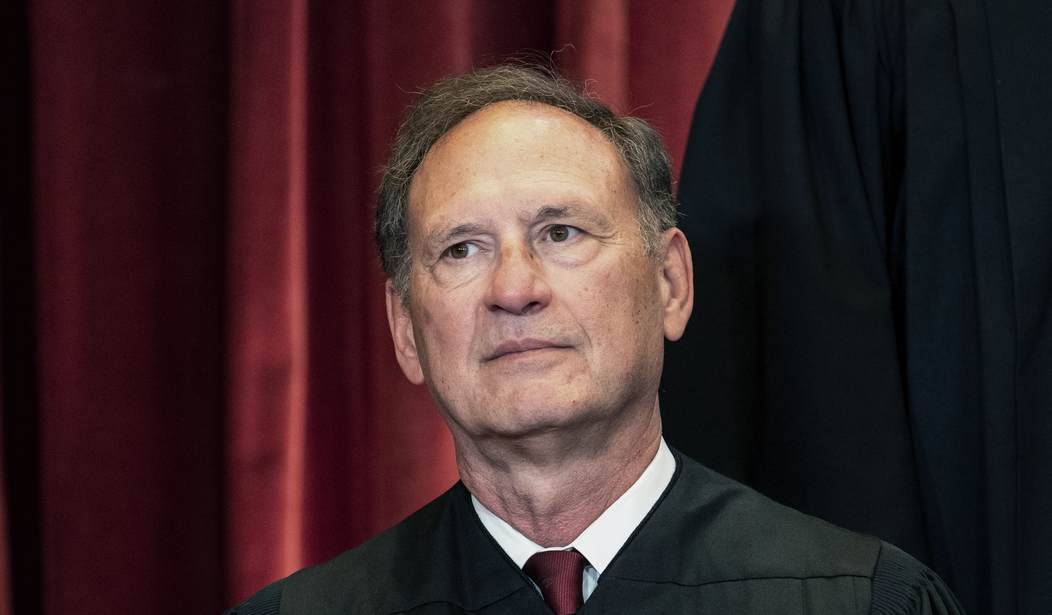The Supreme Court ruled 6-3 Wednesday that the state of Missouri lacked standing in its lawsuit against the Biden administration over social media censorship.
First Amendment Dealt Major Blow After SCOTUS Rules Plaintiffs in Murthy v. Missouri Lack Standing
— Townhall.com (@townhallcom) June 26, 2024
https://t.co/Vfrc4K125M
In their dissent, Justices Samuel Alito, Clarence Thomas and Neil Gorsuch stressed that the issue of the federal government using private big tech companies to subvert the First Amendment and censor speech is a crucial issue that ultimately must be addressed.
"This case involves what the District Court termed 'a far-reaching and widespread censorship campaign' conducted by high-ranking federal officials against Americans who expressed certain disfavored views about COVID–19 on social media," Alito wrote in the opinion. "This is one of the most important free speech cases to reach this Court in years. Freedom of speech serves many valuable purposes, but its most important role is protection of speech that is essential to democratic self-government, see Snyder v. Phelps, 562 U. S. 443, 451–452 (2011) and speech that advances humanity’s store of knowledge, thought, and expression in fields such as science, medicine, history, the social sciences, philosophy, and the arts."
"Purely private entities like newspapers are not subject to the First Amendment, and as a result, they may publish or decline to publish whatever they wish. But government officials may not coerce private entities to suppress speech, see National Rifle Association of America v. Vullo, 602 U. S. 175 (2024), and that is what happened in this case," he continued. "For months in 2021 and 2022, a coterie of officials at the highest levels of the Federal Government continuously harried and implicitly threatened Facebook with potentially crippling consequences if it did not comply with their wishes about the suppression of certain COVID–19-related speech. Not surprisingly, Facebook repeatedly yielded."
Recommended
Alito went on to criticize the failure of the Court to address the issue.
"We are obligated to tackle the free speech issue that the case presents. The Court, however, shirks that duty and thus permits the successful campaign of coercion in this case to stand as an attractive model for future officials who want to control what the people say, hear, and think. That is regrettable. What the officials did in this case was more subtle than the ham-handed censorship found to be unconstitutional in Vullo, but it was no less coercive," he continued. "And because of the perpetrators’ high positions, it was even more dangerous. It was blatantly unconstitutional, and the country may come to regret the Court’s failure to say so. Officials who read today’s decision together with Vullo will get the message. If a coercive campaign is carried out with enough sophistication, it may get by. That is not a message this Court should send."

























Join the conversation as a VIP Member